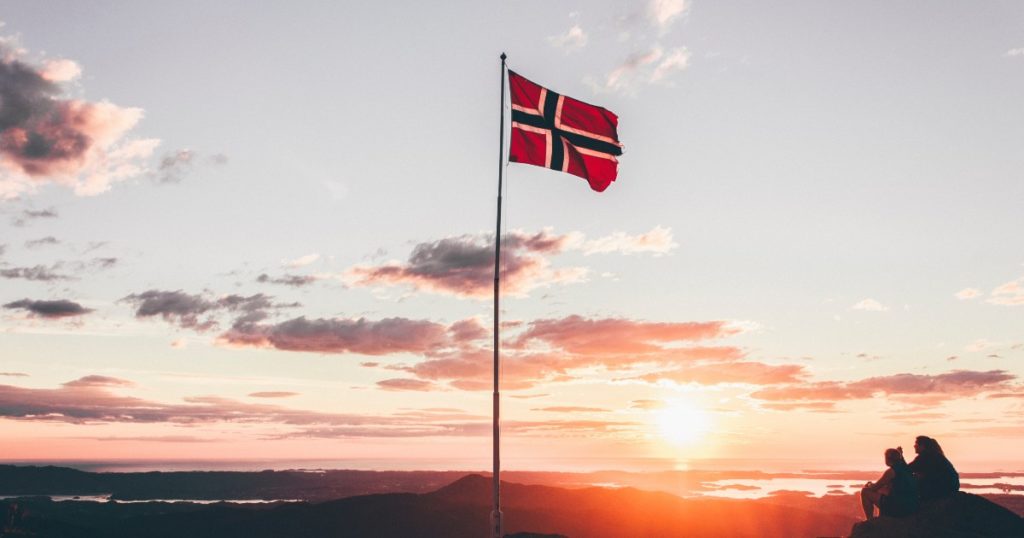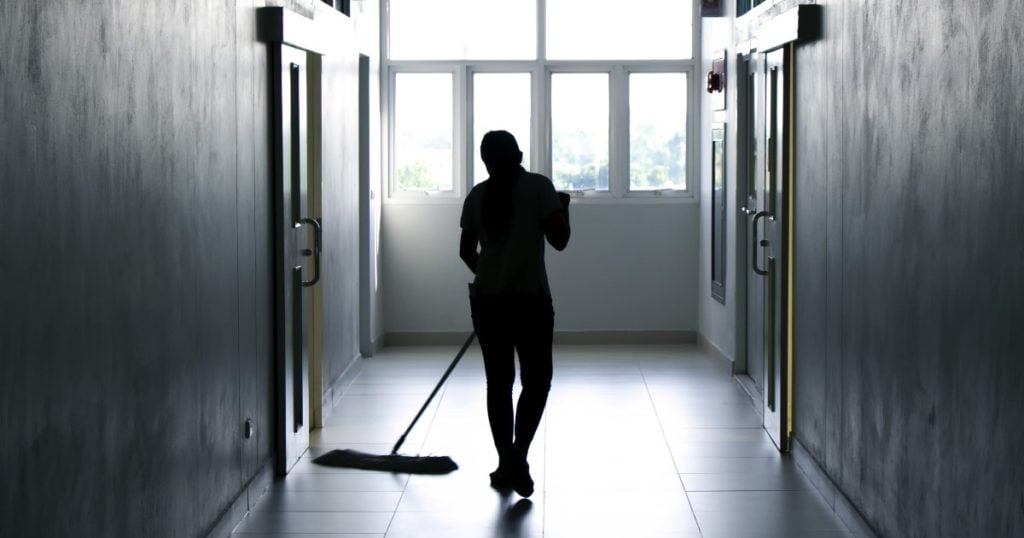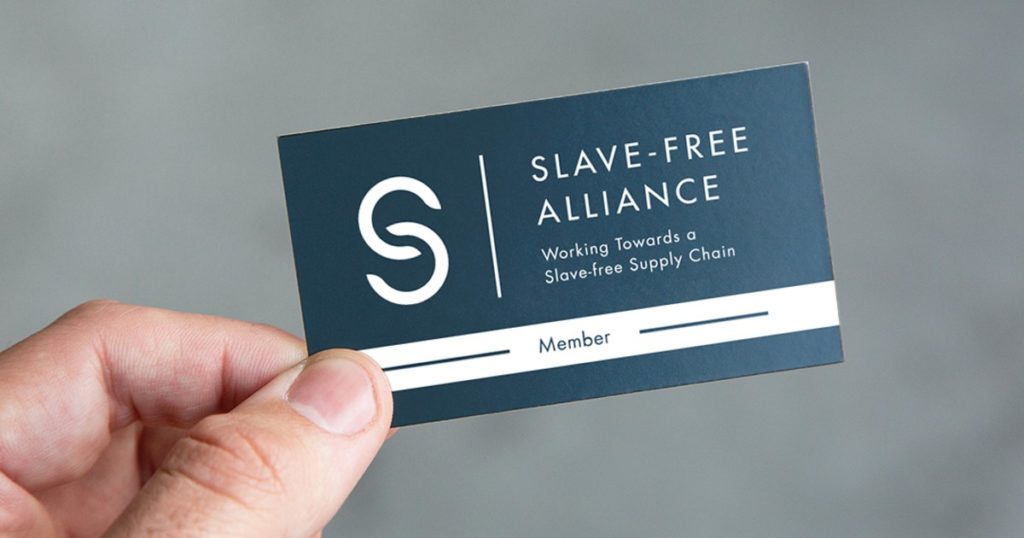Slave-Free Alliance launches in Norway to support businesses with new Transparency Act obligations
Slave-Free Alliance has launched its services in Norway to support businesses with their obligations to uphold human rights and ensure decent working conditions, mandated by the new Transparency Act.
Slave-Free Alliance brings an international track record of helping organisations to protect their operations, supply chains and people from modern slavery and labour exploitation. It offers flexible, tailored and affordable services to support organisations of all sizes in every sector.
Norway's new legislation means that more than 8,800 businesses operating in the country need to take action.

Exploitation in Norway
The Transparency Act exists to address the huge problem of human exploitation in Norway. According to the Global Slavery Index, more than 9,000 people are estimated to be trapped in modern slavery across the country. Exploitation is a hidden crime which often goes undetected because victims can feel ashamed or threatened, preventing them from seeking help. Forced labour is on the rise in Norway and there is not enough law enforcement focus on addressing the crime.
Analysis of crime and social welfare statistics for 2020 suggests 357 potential victims of human trafficking were identified in Norway that year – however we also know that reports of human trafficking are often dismissed too early, because evidence does not meet the threshold.
Slave-Free Alliance Director, Marc Stanton, said: “It is often the people in low-skilled and low-paid roles who are vulnerable to exploitation. Through predatory traffickers and disreputable businesses, human rights issues can easily creep into the operations and supply chains of any unwitting business. Particularly high-risk industries include construction, fishing, utilities, garment-making, manufacturing and agriculture.
‘'Think about your cleaners, site and warehouse operatives, fruit pickers and temporary workers – how were they recruited? Do you know if they receive their full wage? Is someone always speaking on their behalf? How can they safely ask for help? Businesses must have prevention plans, be diligent and ready to take action if they encounter concerns.”

New legislation
Norway's Transparency Act to address labour exploitation came into effect on July 1st 2022. It requires large organisations to carry out human rights due diligence assessments across their operations and supply chains and be transparent.
Wage theft is now explicitly addressed in the Criminal Act, and the recent update to the Working Environment Act aims to ensure foreign workers are hired on more permanent terms of employment.
However, many suppliers have limited capacity and the nature of some industries, such as construction, is that short-term workers are required for different phases of projects. These challenges can make it hard for organisations to know where to start.
Slave-Free Alliance has supported businesses which fall within the scope of the UK Modern Slavery Act 2015, California's Transparency in Supply Chains Act 2010, the USA's Uyghur Forced Labor Prevention Act 2022 and Australia's Commonwealth Modern Slavery Act 2019. Our specialist insight equips us to help businesses across Norway to meet their legal obligations.
What is Slave-Free Alliance?
Slave-Free Alliance is an international social enterprise which supports organisations to build their resilience to modern slavery and labour exploitation. It is wholly owned by global anti-slavery charity Hope for Justice. Both organisations have a country office in Oslo and their services span all of Norway.

The Slave-Free Alliance team are specialists in global supply chains, international human rights law, law enforcement and learning and development. They offer services such as training, gap analysis, site assessments, policy and public statement reviews, and crisis management processes, to safeguard victims and the businesses where they might have been placed.
Slave-Free Alliance works with organisations of all sizes and complexity – from multinational companies, to individual hand car wash businesses.
There are already approximately 100 members globally, including Aldi, AstraZeneca, Experian, Manchester and Liverpool Airports, River Island and University of Manchester. These organisations recognise that they need to take a long-term approach to embed best practice in their operations and supply chains and to bring about lasting change.

All profits from Slave-Free Alliance are reinvested into Hope for Justice's charitable activities to help victims and survivors of human trafficking and modern slavery, in Norway and across five continents.
Marie Nordby, Business Development Manager for Slave-Free Alliance Norway, said: “With more than 40.3 million people trapped in exploitative modern slavery globally, it will take individuals and entities alike to stop this terrible crime. Through Slave-Free Alliance, we work with businesses to build their capability to prevent modern slavery and help victims.”
What businesses need to think about
Marie Nordby continued: “Now that the Transparency Act is in force, we encourage businesses to review and assess their biggest risks and focus on addressing them. Don't forget to set up a system for sharing information with the public – and start drafting your annual statement now.”
Slave-Free Alliance looks forward to seeing businesses in Norway take their strategies to improve human rights protections and working conditions to the next level.
To arrange interviews or for more information, contact [email protected]
This “Eyes on Trafficking” story is reprinted from its original online location.
 ABOUT PBJ LEARNING
ABOUT PBJ LEARNING
PBJ Learning is a leading provider of online human trafficking training, focusing on awareness and prevention education. Their interactive Human Trafficking Essentials online course is used worldwide to educate professionals and individuals how to recognize human trafficking and how to respond to potential victims. Learn on any web browser (even your mobile phone) at any time.
More stories like this can be found in your PBJ Learning Knowledge Vault.
EYES ON TRAFFICKING
This “Eyes on Trafficking” story is reprinted from its original online location.
ABOUT PBJ LEARNING
PBJ Learning is a leading provider of online human trafficking training, focusing on awareness and prevention education. Their interactive Human Trafficking Essentials online course is used worldwide to educate professionals and individuals how to recognize human trafficking and how to respond to potential victims. Learn on any web browser (even your mobile phone) at any time.
More stories like this can be found in your PBJ Learning Knowledge Vault.
